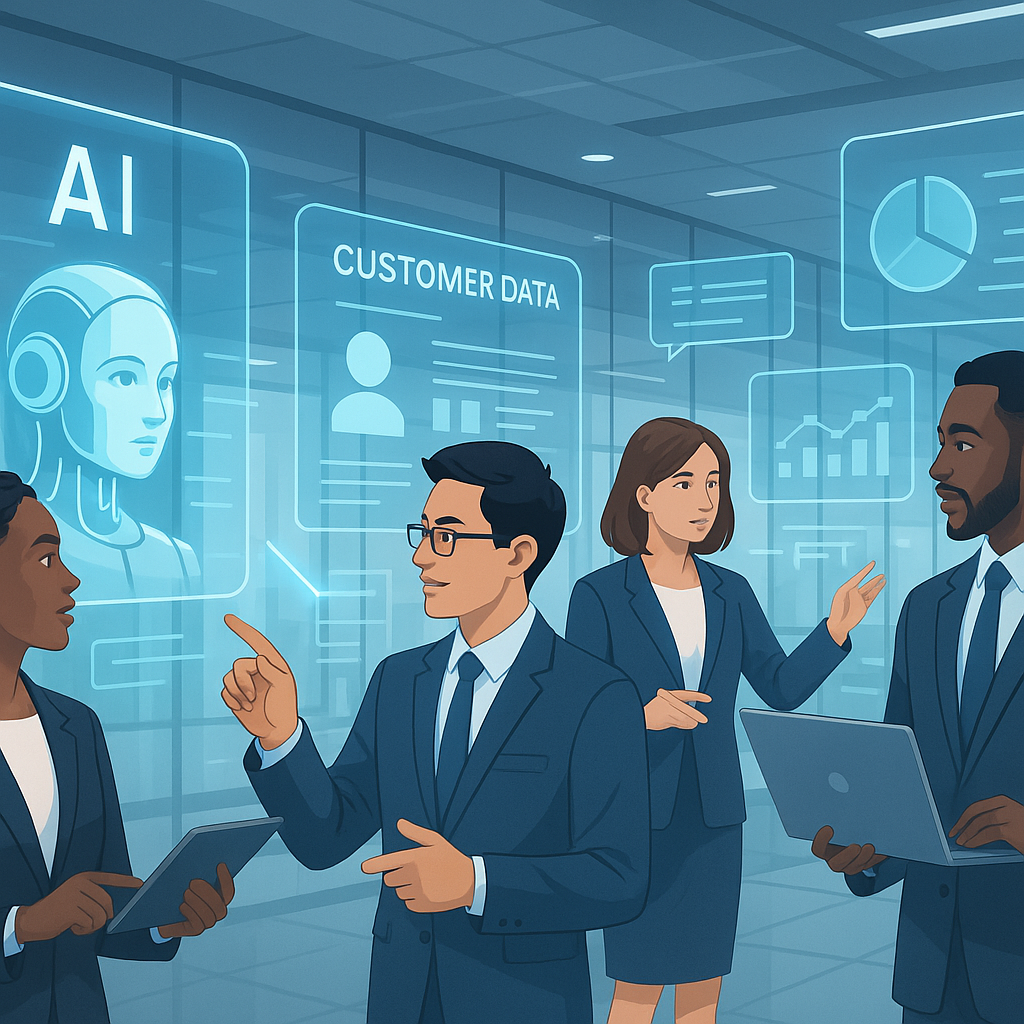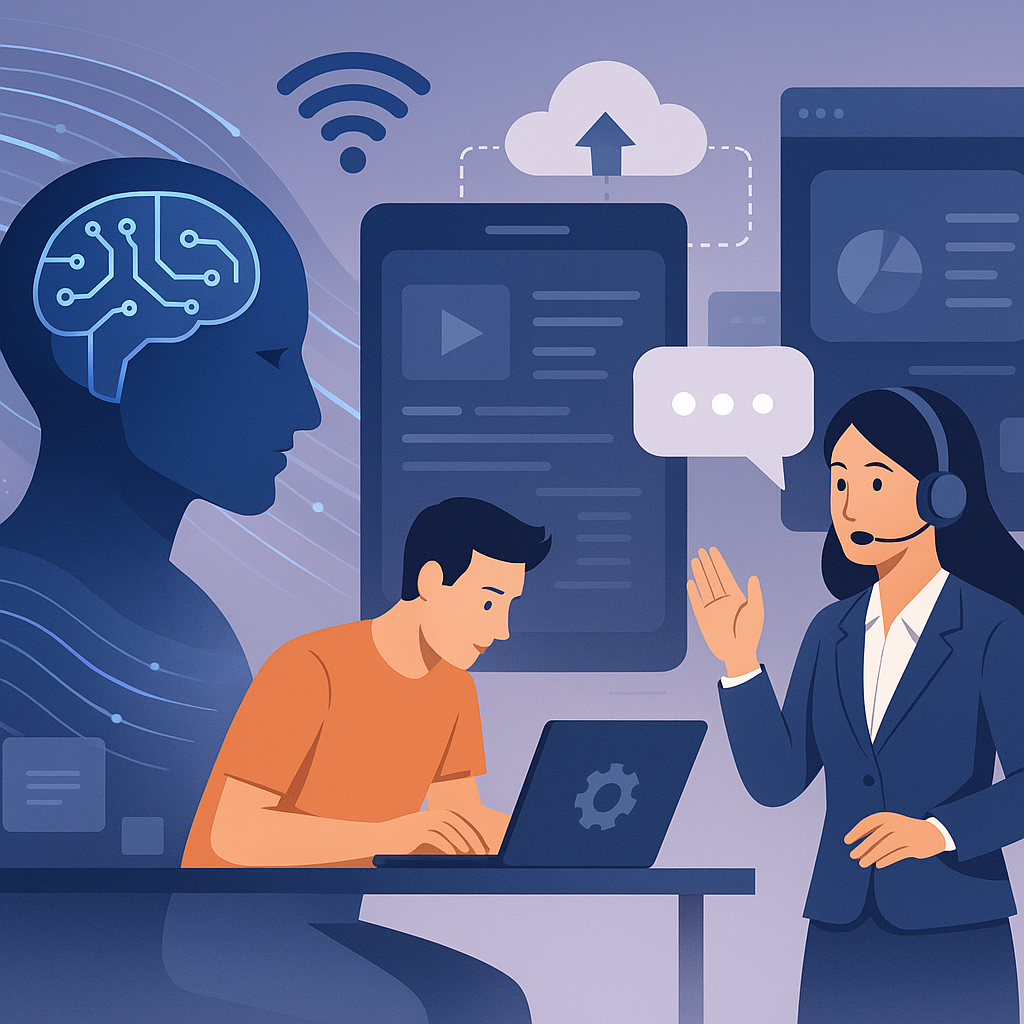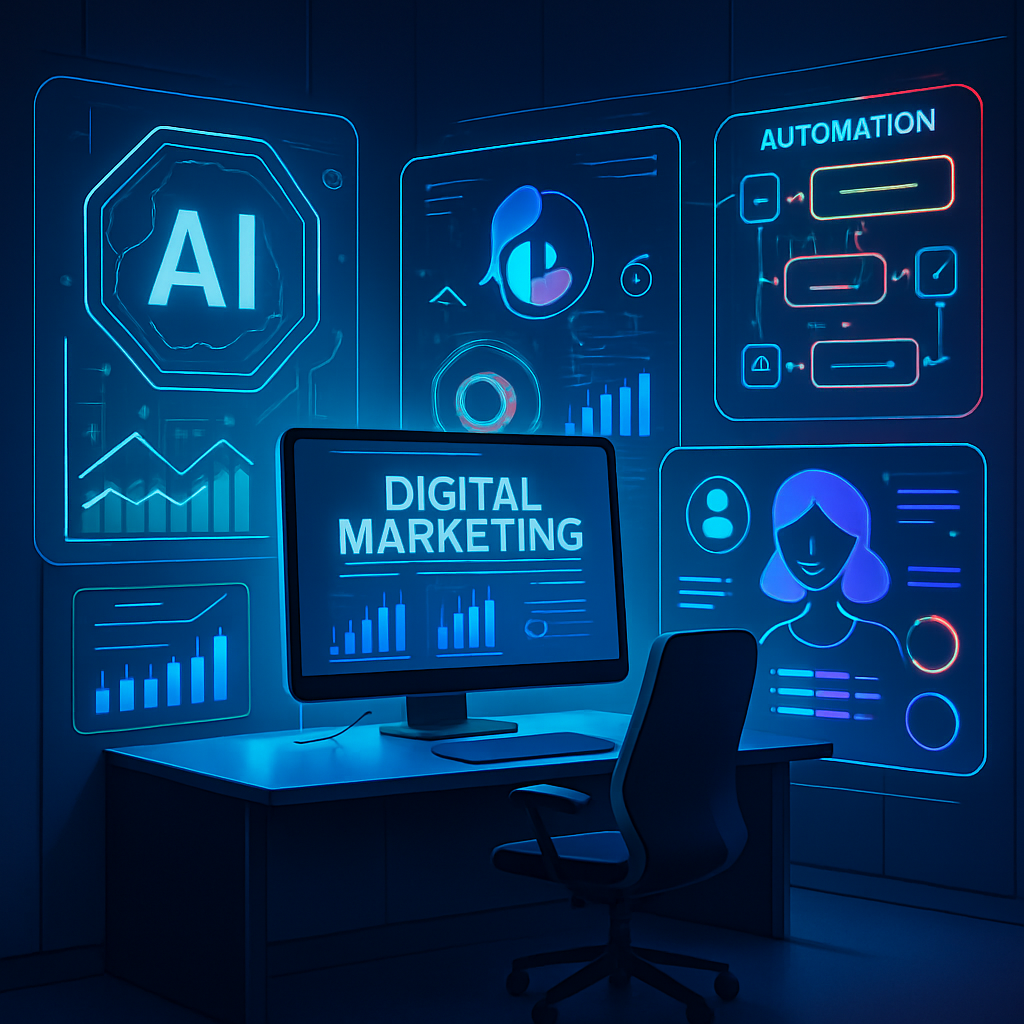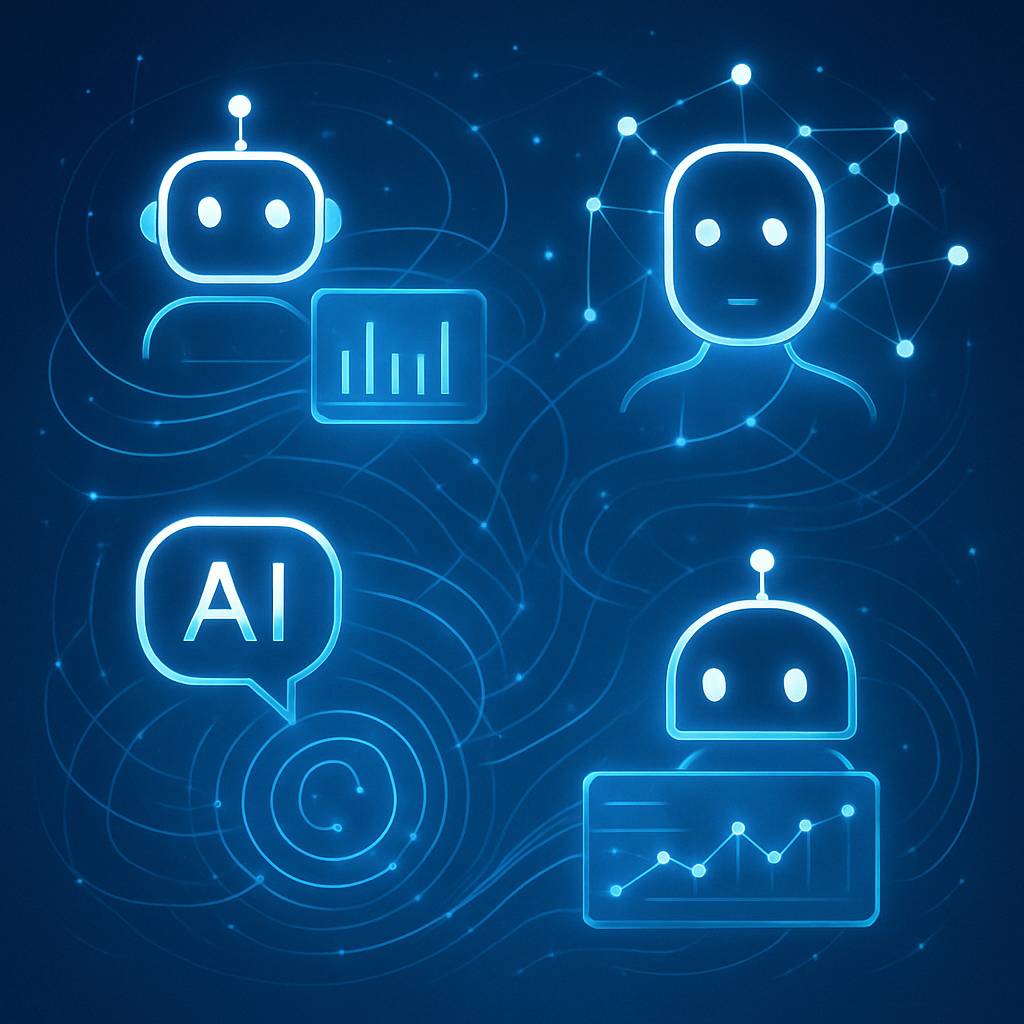
Revolutionizing Customer Experience with AI-Driven Business Software
Introduction: The AI Effect on Customer Experience
By mid-2025, artificial intelligence has become a cornerstone of business innovation globally, with AI technology for business pushing the boundaries of what companies can achieve in customer experience. AI-driven business and service software have moved beyond simple automation to sophisticated solutions that provide personalized, intelligent, and seamless engagement. This shift is transforming industry standards and elevating customer expectations in unprecedented ways.
The Rise of AI-Driven Business Software
AI technology for business is no longer a futuristic concept but a daily reality that is central to enterprise strategy. Modern software solutions integrate advanced AI capabilities like natural language processing, predictive analytics, and machine learning to optimize operations and enhance interactions.
Key Attributes of AI-Driven Business Software:
- Predictive Intelligence: Anticipating customer needs by analyzing behavior patterns.
- Real-Time Personalization: Tailoring communications and offers to individual customers dynamically.
- Automated Decision-Making: Empowering faster and more accurate operational decisions.
- Conversational AI: Engaging customers through intelligent chatbots and virtual assistants that comprehend complex queries.
Transforming Customer Service Software Solutions
Customer service software solutions powered by AI are revolutionizing support functions, breaking the traditional mold of static help desks.
Innovations in AI Customer Service Solutions Include:
- Omnichannel Integration: AI centralizes communication across platforms, enabling customers to transition effortlessly between channels like chat, email, social media, and phone.
- Proactive Engagement: Intelligent systems detect customer frustration signals and intervene before issues escalate.
- Self-Service Excellence: AI-driven FAQs and knowledge bases evolve with customer inquiries, providing instant, accurate responses.
- Sentiment Analysis: Analyzing customer emotions in real-time helps agents tailor their responses, improving satisfaction.
Industry Examples of AI-Driven Transformation
Retail: Personalizing the Shopping Journey
Top retailers have adopted AI-powered business software to create hyper-personalized experiences. Using AI, retailers analyze purchase history, browsing behavior, and social media signals to customize product recommendations and promotions, enhancing loyalty and boosting sales.
Financial Services: Redefining Client Interaction
Financial institutions deploy AI-enhanced customer service software to offer 24/7 support and automate routine inquiries such as balance checks or transaction histories while alerting human agents for complex queries. AI also detects fraudulent activities quickly, protecting customers and assets.
Healthcare: Intelligent Patient Engagement
Healthcare providers incorporate AI-driven software to schedule appointments, send medication reminders, and provide preliminary symptom analysis, ensuring patients receive timely care in a personalized manner. AI chatbots assist in answering health-related questions confidentially and efficiently.
Challenges and Considerations
While AI-driven business and customer service software bring immense benefits, organizations must navigate challenges including:
- Data Privacy: Protecting sensitive customer data used in AI models is paramount.
- Bias in AI Models: Ensuring algorithms do not perpetuate discrimination requires continuous oversight.
- Human-AI Collaboration: Balancing automated solutions with human empathy to maintain genuine customer relationships.
- Integration Complexity: Seamlessly embedding AI solutions within existing legacy systems demands careful planning.
Future Outlook: Continuous Evolution of AI in Customer Experience
The artificial intelligence subject continues to evolve, with emerging trends in 2025 including emotional AI that detects nuanced customer emotions, AI-powered augmented reality for immersive experiences, and greater use of AI agents that autonomously manage complex customer interactions end-to-end.
Businesses that adapt to these innovations will redefine industry standards for customer experience, converting AI-driven insights into competitive advantage and deeper customer loyalty.
Conclusion
The convergence of AI technology for business and intelligent customer service software solutions is revolutionizing how industries operate and engage customers. Through predictive intelligence, personalized service, and continuous learning, ai is setting new standards that challenge organizations to rethink traditional models in favor of dynamic, customer-centric experiences. As AI-driven software continues to mature, the future promises even more transformative possibilities that will reshape how companies meet and exceed customer expectations worldwide.







